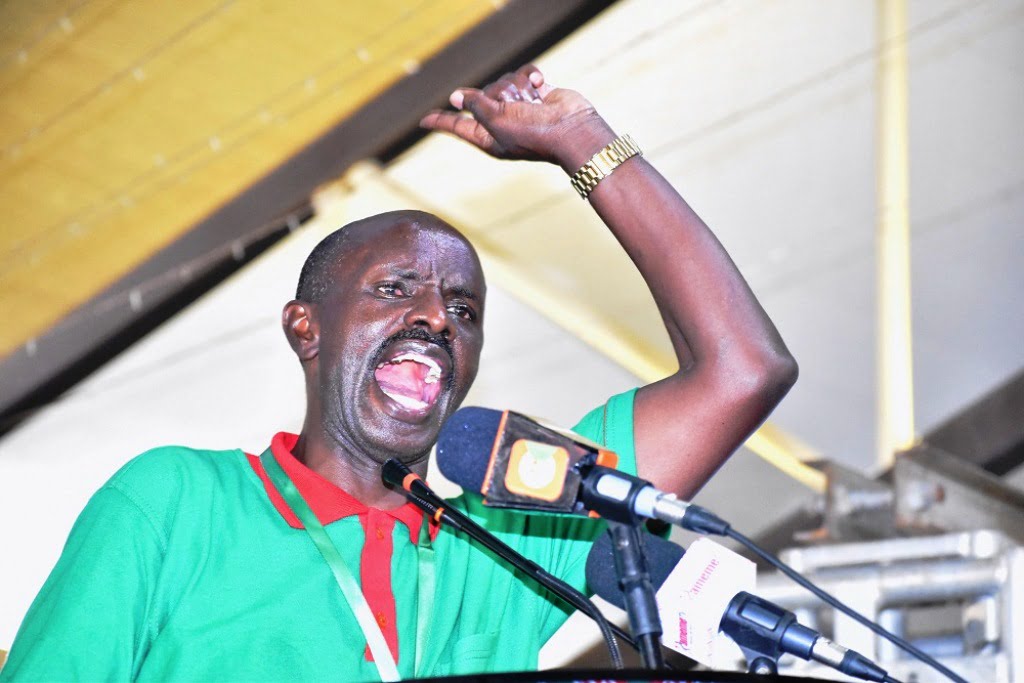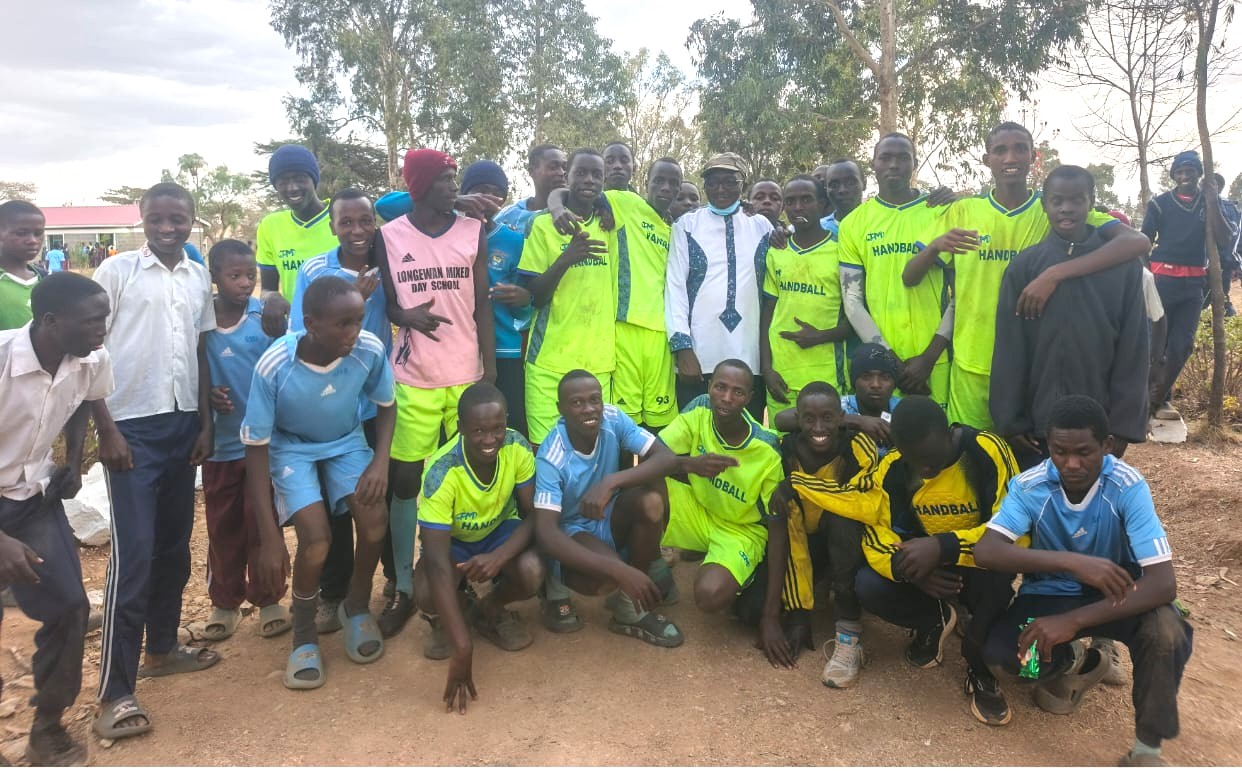The recent public dressing down of teachers by Kisumu East Member of Parliament Shakeel Shabbir has opened a disturbing chapter in the evolving relationship between political leadership and the teaching profession in Kenya. During his visit to St. Peter’s Kindu Secondary School, the legislator accused teachers of contributing to poor academic performance, threatened mass replacement, and demanded the installation of punch-card attendance systems.
He went further to single out a teacher, Mr. Okinyo, in front of students and parents, accusing him of absenteeism and poor classroom delivery. What was supposed to be a moment of constructive engagement turned into a humiliating spectacle. The MP’s remarks have since sparked outrage from teachers, union leaders, and education stakeholders, and rightly so.
While every Kenyan citizen, including elected leaders, has a stake in the success of education, there is a need for decorum, professionalism, and respect when engaging educators. Teachers are not political pawns to be summoned, shamed, and threatened at will. The tone adopted by MP Shabbir reeked of disdain and arrogance, portraying teachers as lazy and disposable. Yet, these are the same individuals who wake up at dawn, stay late into the night preparing lessons, and often dig into their own pockets to keep schools running when resources are scarce. Reducing their efforts to mere punch-ins and punch-outs is not only demeaning but also profoundly uninformed.
The Kenya Union of Post-Primary Education Teachers (KUPPET), Kisumu Branch, swiftly condemned the MP’s remarks. The union noted that the Honourable Member has no legal mandate to supervise or discipline teachers. That role rests squarely with the Teachers Service Commission (TSC), a constitutional body that governs the recruitment, deployment, appraisal, and transfer of teachers. The MP’s threats to replace current teachers with a list of unemployed ones were not only empty bravado but also unlawful and insulting. Shockingly, an elected leader would use intimidation as a tool for academic improvement rather than engaging stakeholders in dialogue and solution-based planning.
READ ALSO:
Education PS challenges quality assurance officers to up their game in inspecting schools
Teachers at St. Peter’s Kindu, and indeed across the country, operate under harsh conditions. Chronic underfunding of schools, delayed disbursement of capitation funds, overstretched staffing levels, and lack of teaching resources continue to undermine performance in both primary and secondary institutions. The MP failed to acknowledge these systemic challenges. If results are poor, the question should not start and end with the teacher. It should interrogate school infrastructure, learning environment, student discipline, parental involvement, curriculum design, and government support. Blaming teachers in isolation is akin to blaming a soldier for losing a battle while ignoring that he had no bullets.
The case of Mr. Okinyo, who was publicly berated by the MP, presents a tragic example of what happens when power is abused. That teacher was subjected to humiliation not because due process found him guilty of professional misconduct but because a politician decided to play to the gallery. In a country where teachers already grapple with mental health pressures, unrealistic performance expectations, and constant policy shifts, adding public shaming to their plate is unjustifiable. Leaders should understand the impact of such acts. A demoralized teacher cannot be an effective teacher. And when teachers feel insecure in their profession, the ripple effect is felt throughout the education system.
KUPPET has since demanded a public apology from the MP and warned that if none is forthcoming, they may mobilize teachers to withdraw from Kindu Secondary School. They are also seeking the intervention of the Teachers Service Commission and the Ministry of Education to offer assurances to teachers that their rights and dignity will be protected. These demands are not unreasonable. They are a call for accountability and respect. In a country governed by law, leaders must act within their bounds. No politician, however popular, can usurp the functions of an independent commission. Doing so undermines institutions and destabilizes service delivery.
What Kenya needs today is not grandstanding but collaboration. If leaders have concerns about performance, there are established forums for engagement. They can work with Boards of Management, parents’ associations, County Directors of Education, and quality assurance officers to initiate reforms, support schools, and empower learners. Threats, intimidation, and public condemnation have no place in education. They solve nothing and only serve to create fear, mistrust, and hostility among teachers who are already burdened.
Teachers are not infallible. Like any other profession, they are accountable and can be sanctioned when found in breach of duty. But such action must follow due process. It must be guided by evidence, conducted by the authorized bodies, and carried out in a manner that respects the individual’s dignity. Anything short of that is mob justice.
The MP’s conduct was not just an affront to teachers; it was an insult to the teaching profession. It disregarded the blood, sweat, and sacrifice that educators pour into the nation’s children. If leaders want to uplift performance, let them push for better funding, increased staffing, infrastructure development, digital literacy, and psychosocial support for learners and teachers alike. Let them sponsor mentorship programs, facilitate benchmarking tours, and provide bursaries to needy students. That is the way to impact education, not through public showdowns and veiled threats.
MPs are elected to legislate, represent, and provide oversight—not to bully professionals. We must all draw a red line where politics ends and professionalism begins. Education is too delicate a sector to be weaponized for cheap popularity. Teachers deserve respect, support, and recognition, not humiliation and threats. Let us protect the dignity of the classroom. Let us honour the men and women who, with all odds against them, still choose to teach.
By Ashford Gikunda
Ashford teaches English and Literature in Gatundu North Sub County.
You can also follow our social media pages on Twitter: Education News KE and Facebook: Education News Newspaper for timely updates.
>>> Click here to stay up-to-date with trending regional stories
>>> Click here to read more informed opinions on the country’s education landscape
>>> Click here to stay ahead with the latest national news.






